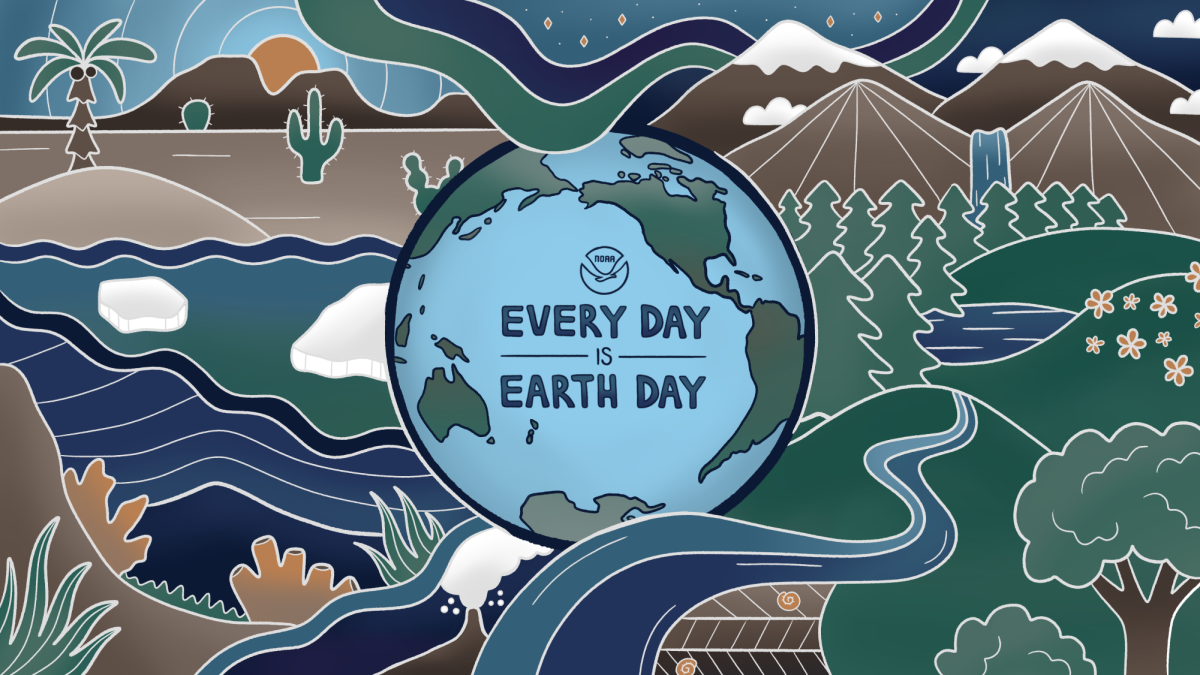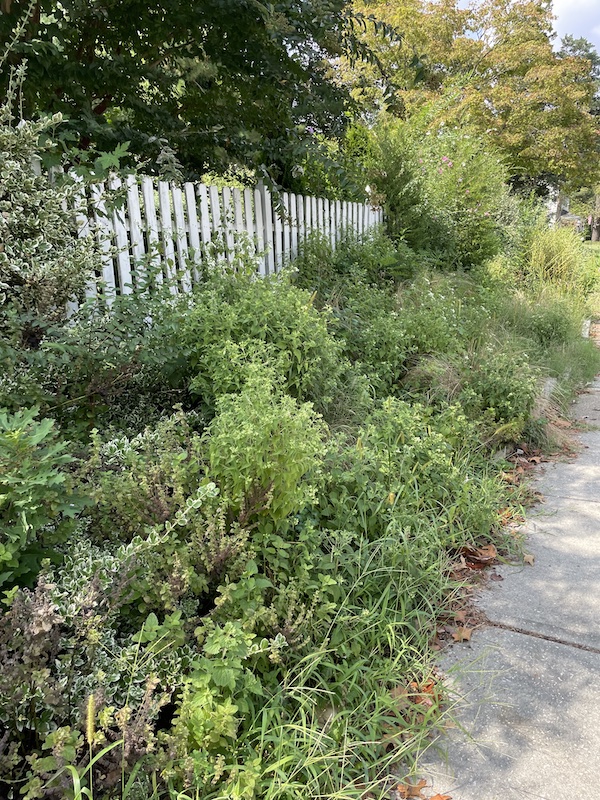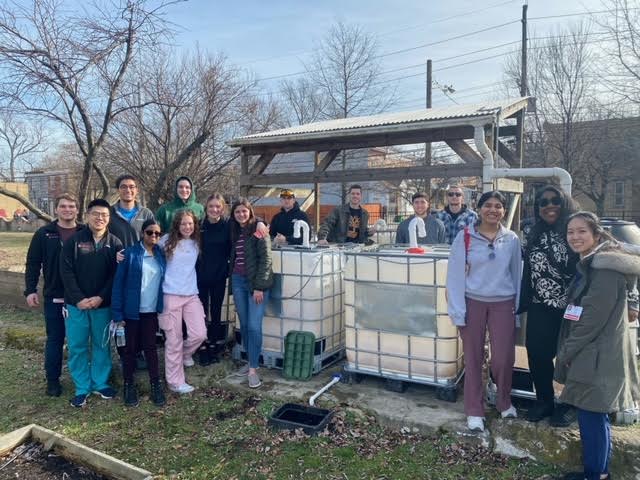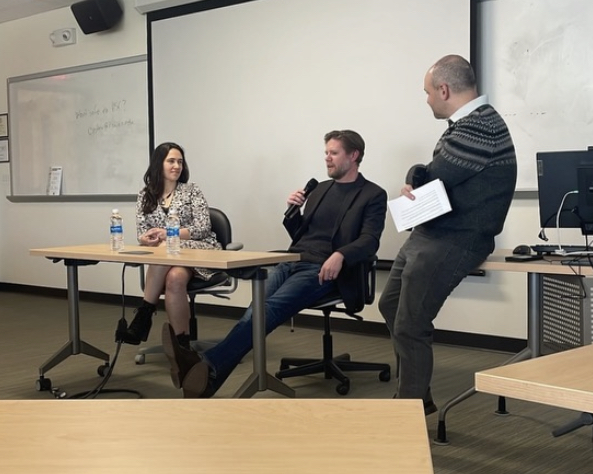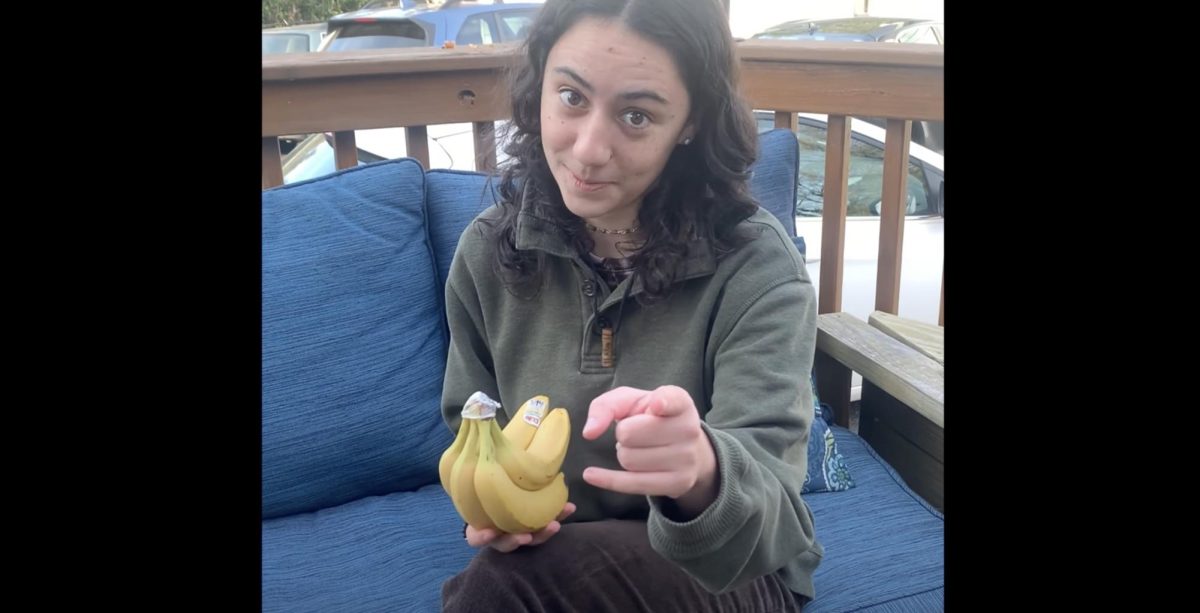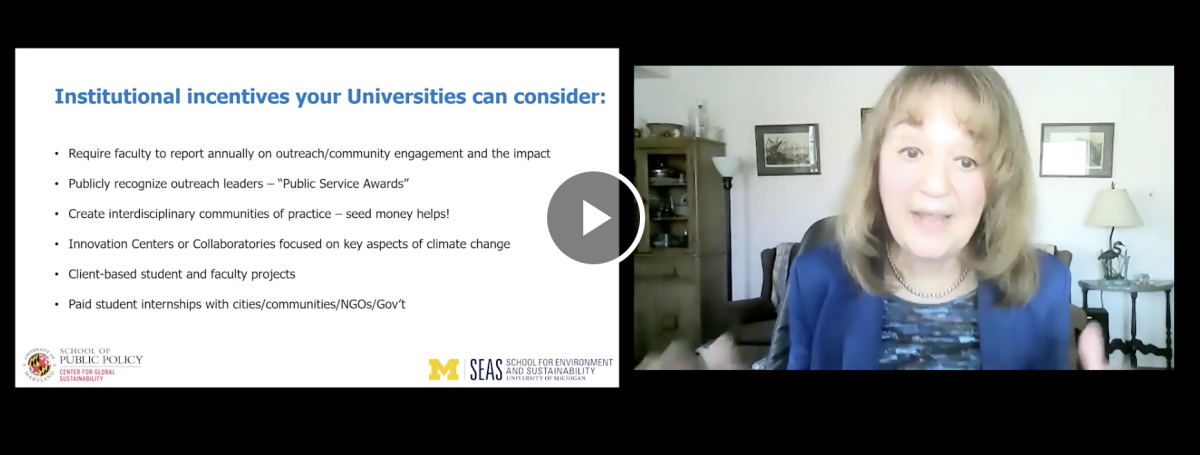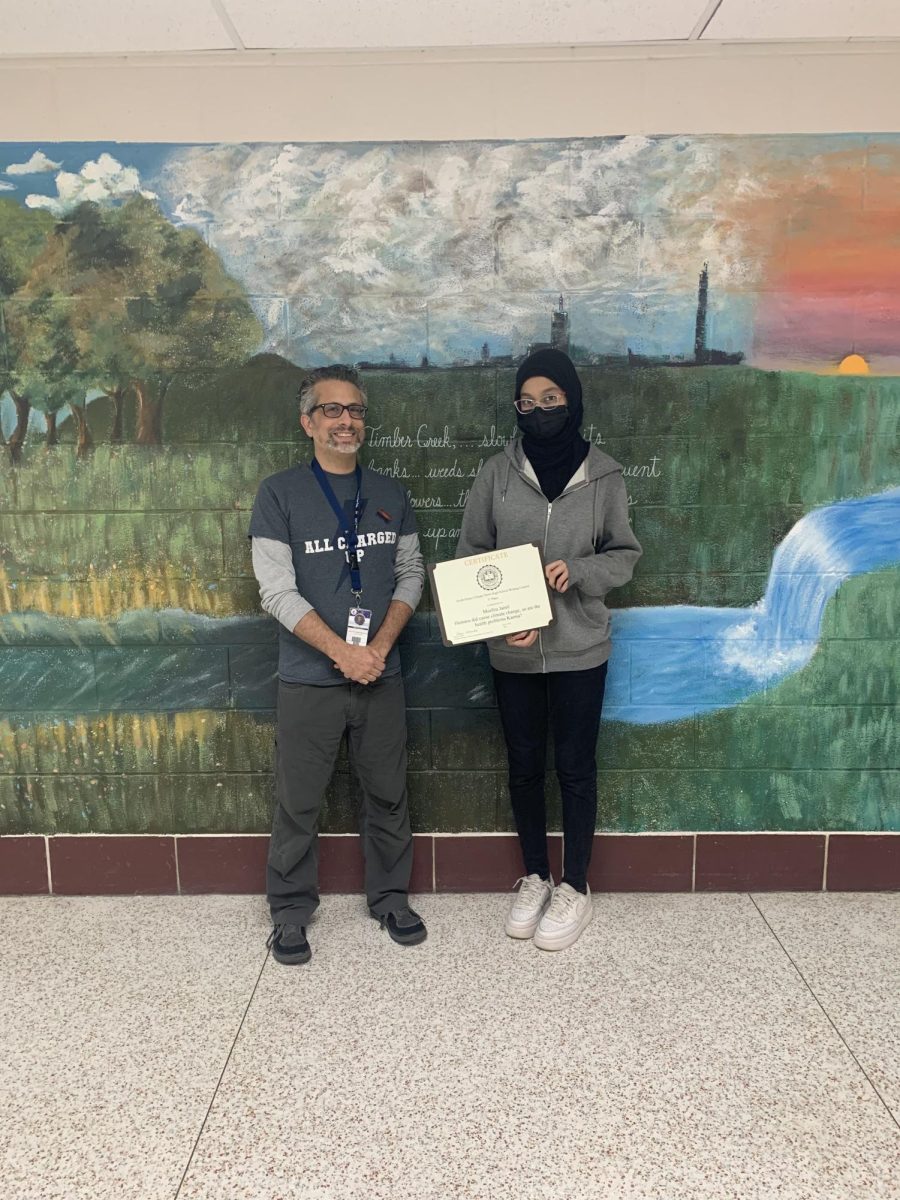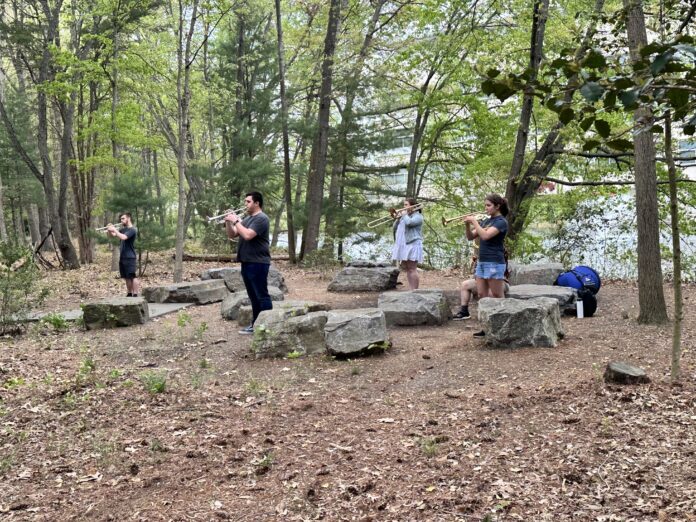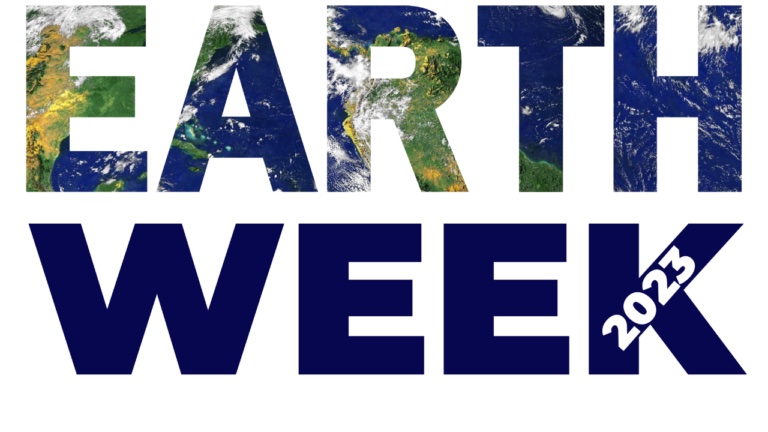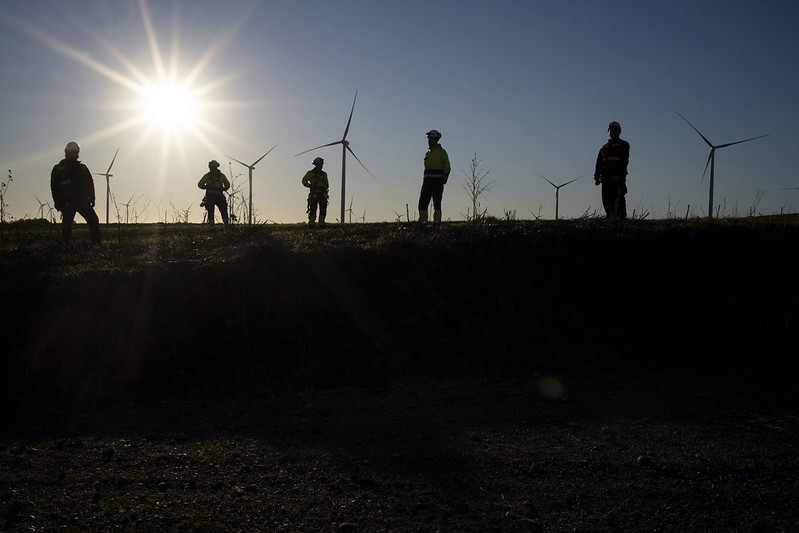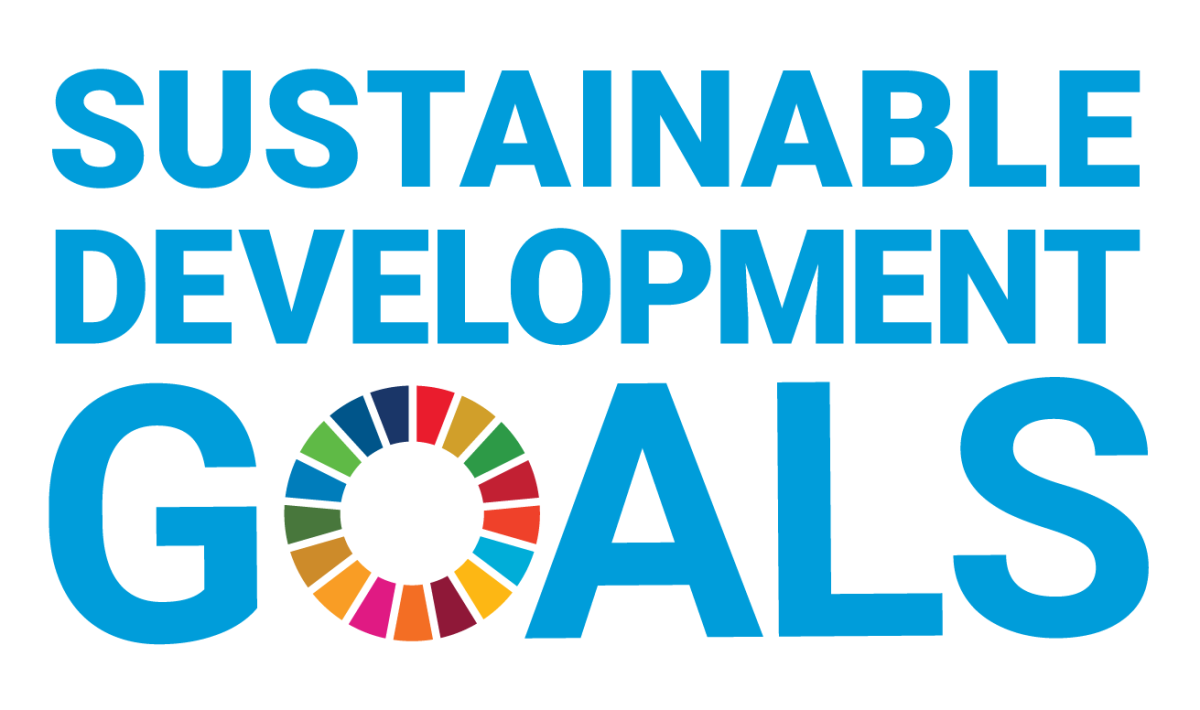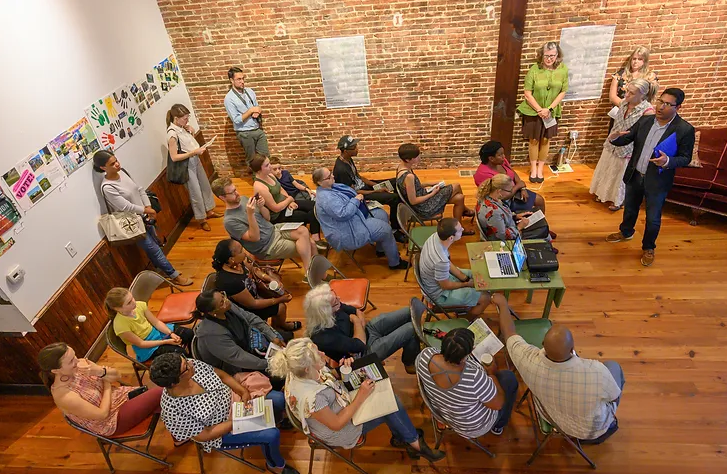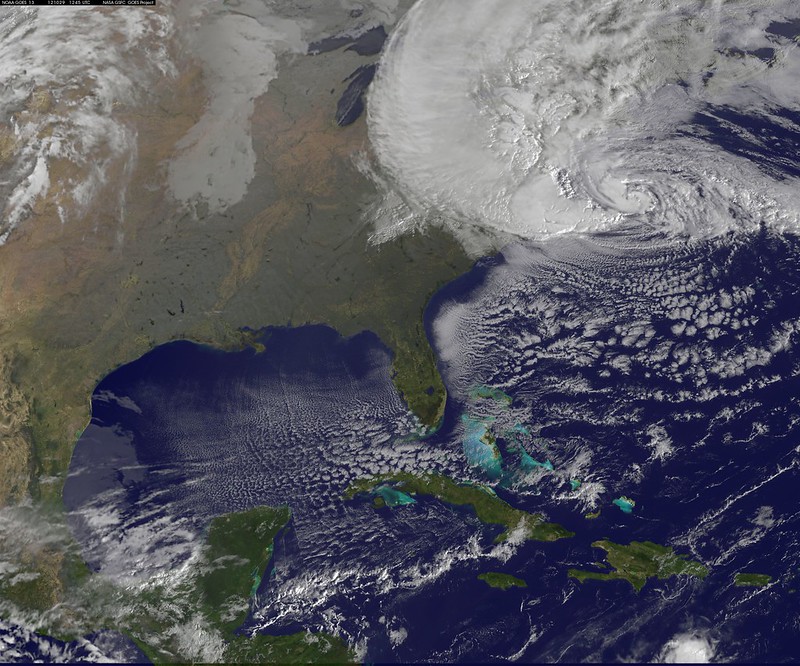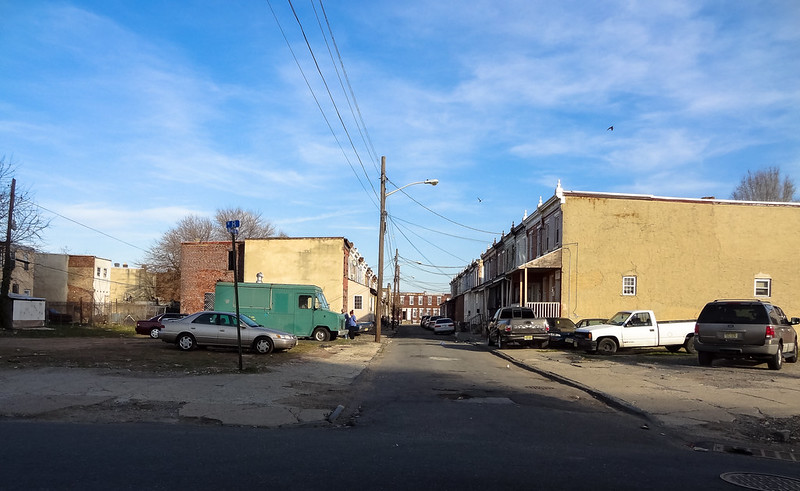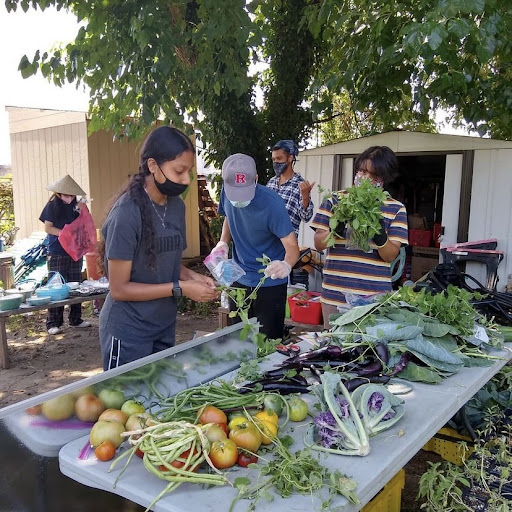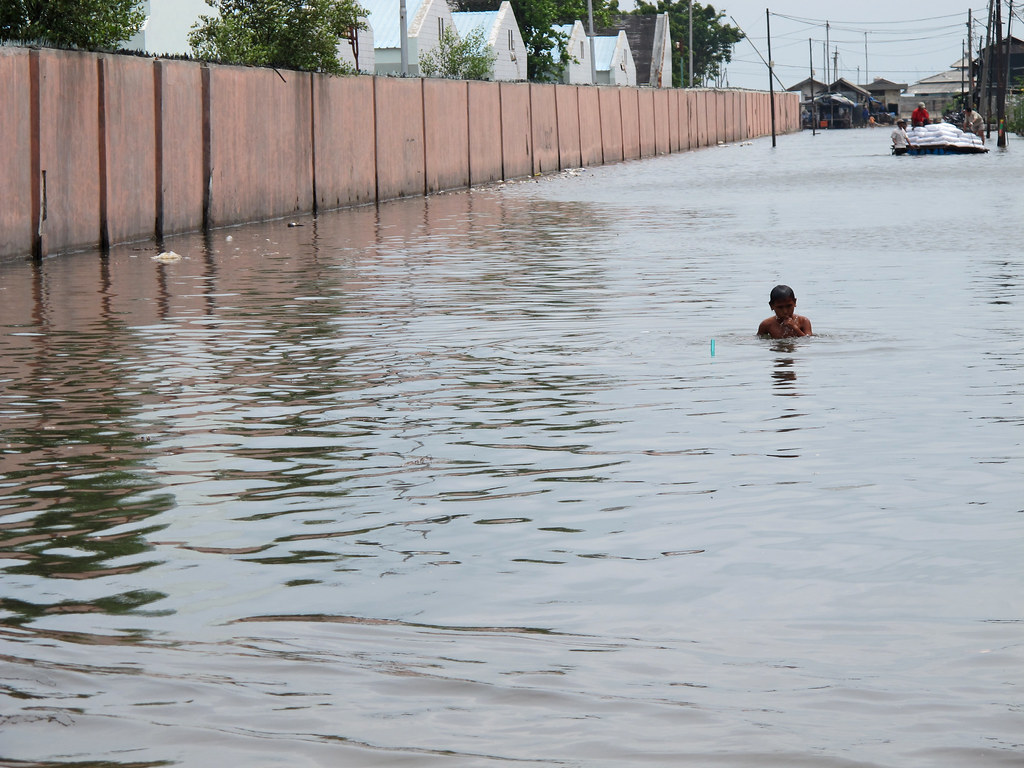By Scott Fitzpatrick
Today’s students are able to “think naturally in more ‘systems’ ways” than past generations, which will help them to create strategies to address complex problems such as climate change, according to a climate expert speaking about the role of public universities in climate change research and initiatives.
This generation of students, particularly graduate students, tends to embark on dual degree programs, which will help them become conversant in multiple disciplines and conceptualize solutions to the difficult problem of climate change, according to Rosina Bierbaum of the University of Maryland and Dean Emerita at the University of Michigan. She also was a member of the United States President’s Council of Advisors on Science and Technology during the Obama Administration.
“One-third of the masters students in my school at Michigan end up doing double Masters, dual degrees in three years,” she said. “They get both degrees and they can walk across both worlds. That really creates problem solvers.”
Certificate programs that offer nine to 12 credits in specialty areas such as climate or sustainability also are gaining traction in higher education, including at the University of Michigan and University of Maryland, she said.
“Students are really hungry to figure out how to make their research worthwhile, and every one of our students should be able to give a soup to nuts climate talk, starting with science and ending up with solutions and equity,” Bierbaum said.
Bierbaum was speaking as part of a panel at the 10th annual Climate Symposium at Rutgers University on Oct. 23. This year’s symposium was devoted to “Public Universities and Transformative Climate Action for A Just Recovery.” This year was the first time that the conference, which was attended by more than 200 people ranging from students to members in governments, was held remotely on Zoom.
The panel opened with a foreword on national and global issues from the 21st President of Rutgers University, Dr. Jonathan Holloway.
“Public Universities have a tremendous role to play in addressing these issues through research, through teaching, public engagement, locally, nationally, and globally,” he said.
The first panelist was Dr. Stephen Gavazzi from The Ohio State University, who spoke about the connections between land grant universities and their neighboring communities.
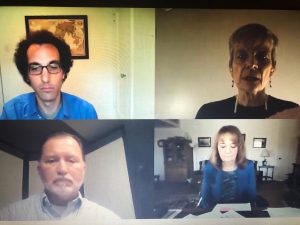
“The idea of land grant universities simply means that there is a way of differentiating the role land grant universities have to teach, to do research, and to connect with communities and engage with them through their cooperative services,” he said.
Land grant universities are institutions that receive federal funding to obtain land masses, which became feasible with the Morrill Acts of 1862, 1890, and 1994, according to the Association of Public & Land-Grant Universities (APLU).
“The original mission of these institutions, as set forth in the first Morrill Act, was to teach agriculture, military tactics, and the mechanic arts as well as classical studies so members of the working classes could obtain a liberal, practical education,” according to the APLU website.
The purpose of using the federal aid for the acres of land has changed, and now universities are using the land to build and expand facilities for students and means to research and address climate change issues, according to APLU.
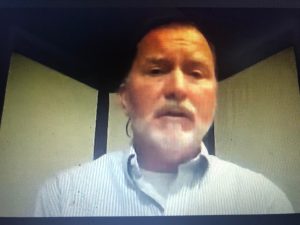
Today, teaching, research, and engagement with the community are the foci of land grant universities, Gavazzi said. Being community focused and having an impact closer to home would represent a greater return on investment for public higher education, he said. Gavazzi said he and a colleague recently completed a national survey regarding the role of public universities on Covid-19 and racial and social justice issues, and 35-40% of those surveyed said they had not made up their minds about the positive or negative impact public universities had on community needs related to these issues.
“The bottom line here, as we say in the book, power resides in the will of the people or, again for higher education, we will ignore public opinion at their own peril,” he said, adding, “Maybe we should be doing a third national survey on climate issues.”
Panelist Lisa Graumlich, Inaugural Dean of The College of Environment at the University of Washington, noted: “I will remind us that climate change is here now, we are all affected, no one’s okay. I described how being from Seattle, we’re engulfed in smoke from bigger fires, more intense fires, more frequent fires than we have seen in decades.”
Graumlich’s description of the wildfires that have been going on all year round now on the West Coast, especially relates to the alarming statistics of wildfires in California.
“As of October 27, 2020, over 8,836 fires have burned 4,359,517 acres (1,764,234 ha), more than 4% of the state’s roughly 100 million acres of land, making 2020 the largest wildfire season recorded in California’s modern history,” according to the California Department of Forestry and Fire Protection.
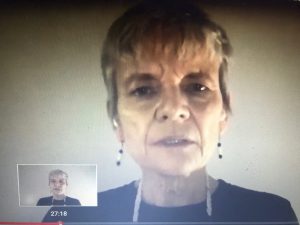
University of Washington, noted that climate change is here now and must be addressed immediately. Photo by Scott Fitzpatrick
Graumlich noted that, as a whole, we need to look towards a solution, especially during the times of COVID-19.
“The current global unraveling has shown us that these systems are all interconnected and solutions must address these intertwined systems,” she said.
Bierbaum also discussed a wide array of climate change issues after her statements on the importance of land grants and dual degrees for students, and for change. For instance, fighting back against climate change by bringing our emissions rate down. Preserving animal ecosystems that are being affected by climate change are also part of the shifting challenges ahead.
Moderator Robert Kopp then had all three presenters join to answer questions from the audience. “The next decade needs to be a time of rapidly declining emissions here in the U.S.,” Kopp said.

